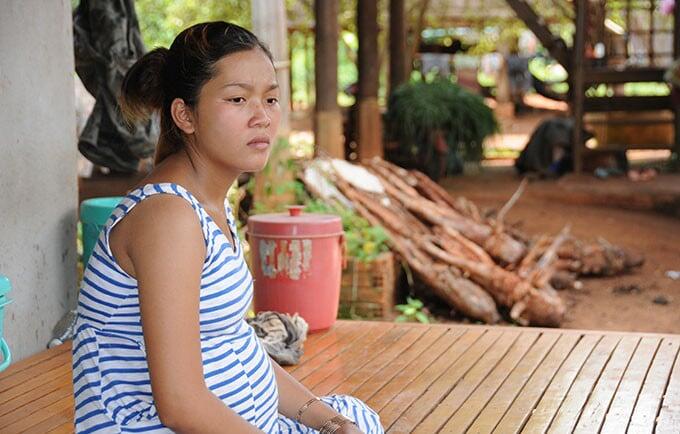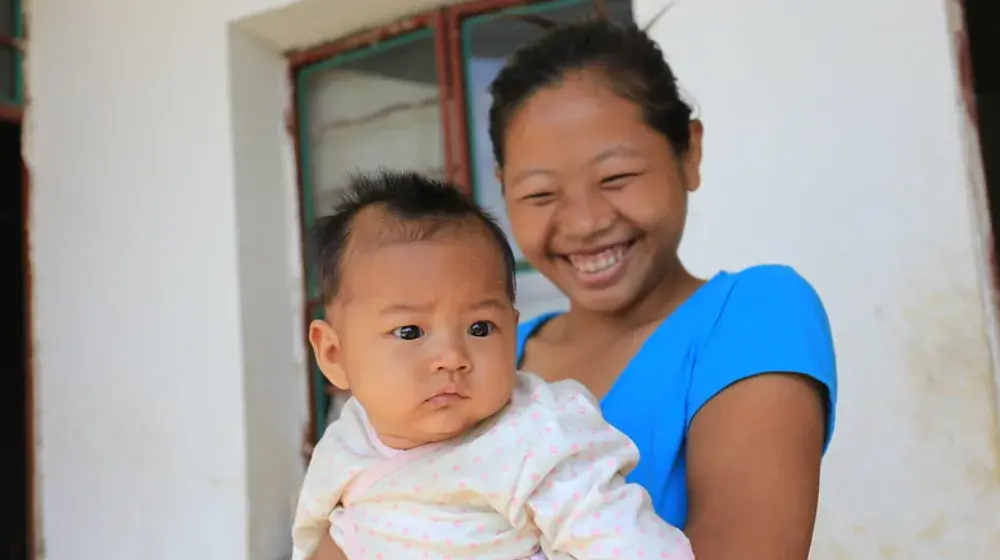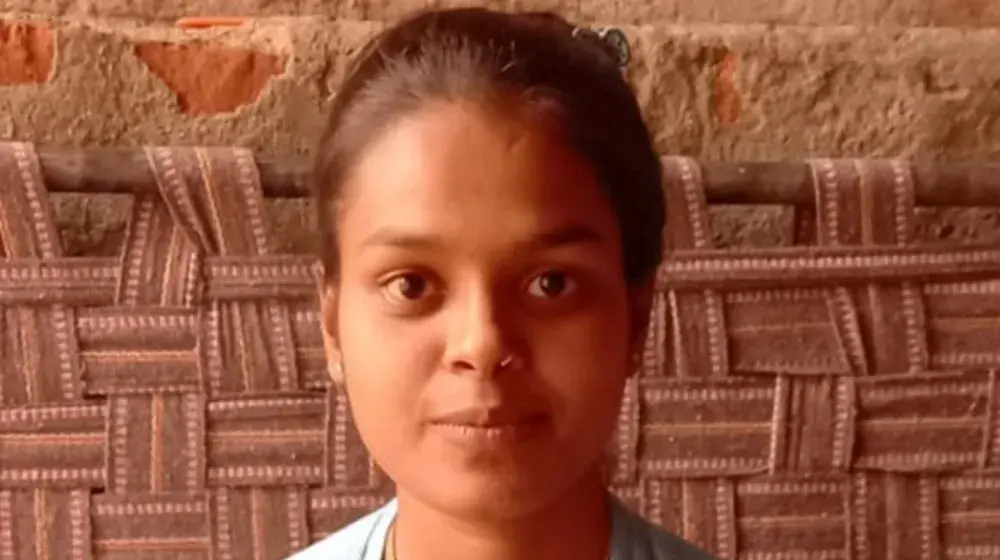PHNOM PENH, Cambodia – At 16 years old, Svet is struggling with the challenges of motherhood. Having dropped out of school after grade 4, she had not received any information about sexual and reproductive health, family planning, or childcare before becoming pregnant. She says she is uncomfortable holding her newborn for breastfeeding.
“I hope my daughter will grow up to be wise and intelligent, so that she will not follow in my footsteps,” Svet told UNFPA.
Adolescent pregnancy remains a major health concern in Cambodia. Although the country’s overall fertility rate declined between 2010 and 2014, the adolescent pregnancy rate rose from 8 per cent to 12 per cent, according to Cambodia’s 2014 demographic and health survey. Rural girls are twice as likely to become pregnant.
Pregnancy can endanger girls’ lives. Globally, pregnancy-related complications are the second leading cause of death among girls 15 to 19 years old. The children of adolescents are also at significantly higher risk of dying.
In Cambodia, adolescent pregnancy is often the result of traditional expectations, lack of education, and lack of sexual and reproductive health knowledge. Many rural girls say they face pressure to quit school to help their families with farming or domestic chores. They are likewise pressured to marry and start families early.
Seila was married off at 15 years old, after she dropped out of school in the seventh grade. She had wanted to move from her rural town to further her education, but feared that doing so would burden her parents. Instead, she stayed to help farm her family’s plantation.
Today, she is 16 and pregnant with her first child. “If I were to have a choice, I would have studied more,” she said.
Reaching girls in need
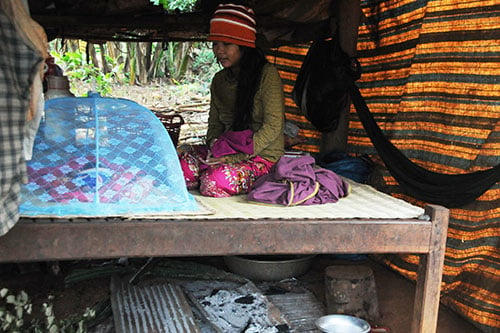
Despite these challenges, pregnant women and girls in remote areas are increasingly accessing antenatal care. These check-ups help keep girls healthy, and are an opportunity to reach them with important reproductive health information.
Many, 17, has just attended her second antenatal check-up at a local referral hospital. She is four months pregnant. Like Seila, Many married early to help with her family’s farm.
“Since my father is getting older and often gets sick, my husband is of great help to the running of the farm and makes sure that it is fully functional,” she explained. She added that people in her village believe girls should start families early, so their children can help with farming and domestic responsibilities. Many, Seila and Svet have all been able to learn about family planning at their local referral hospitals and health centres, where UNFPA supports antenatal care, family planning counselling, as well as training for health workers.
Svet says she and her partner are eager to learn more about sexual and reproductive health from outreach workers in their area. Seila and her husband intend to use family planning to have two children. She says she wants her future children to stay in school so they can find good jobs.
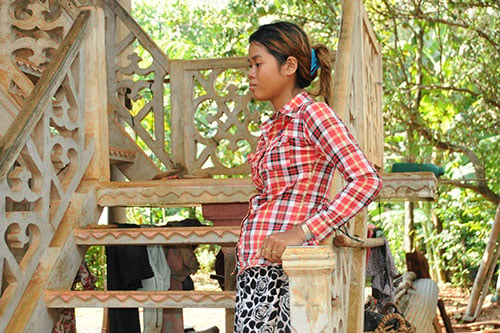
Expanding access to sexual and reproductive health care
In particular, UNFPA is supporting the development of a comprehensive sexuality education curriculum for upper primary and secondary schools, which will provide the information young people need to make informed and responsible decisions about their sexual health.
UNFPA also supports programmes aiming to bring this information to out-of-school youth. These efforts including media programmes and the Inthanou hotline, which provides information, counselling and support for callers, particularly people living with HIV.

